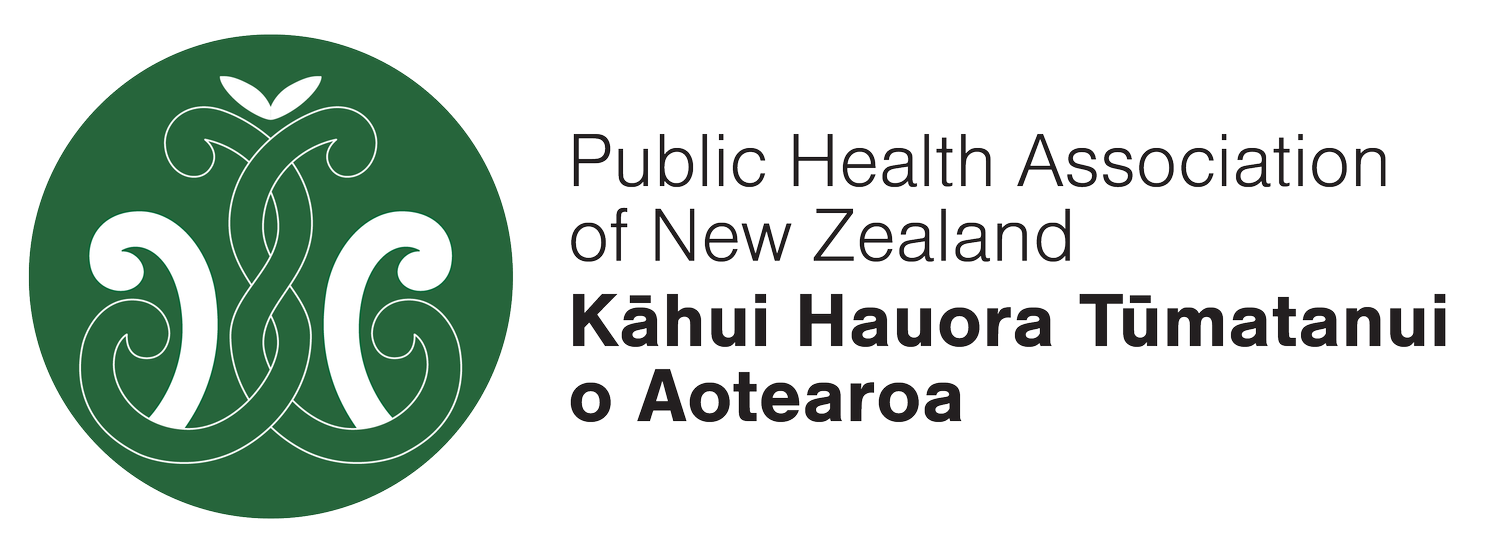PREVENTING THE ALCOHOL INDUSTRY BEING A TRUSTED PARTNER IN HARM REDUCTION EFFORTS
Author: Alcohol Healthwatch
Alcohol harm in New Zealand is estimated to cost $9.1 billion dollars annually and there is a significant health burden. This includes 901 deaths, 29,282 hospitalisations, and 128,963 ACC claims attributable to alcohol.
Several recent in-depth reports from Radio New Zealand (RNZ) have highlighted the alcohol industry’s interference in alcohol policy in Aotearoa New Zealand.
Alcohol lobbyists given input on health policies, documents reveal
(Radio New Zealand, 9 May 2025)
New 'rules of engagement' with alcohol lobby after alarm at 'way too friendly' interactions
(Radio New Zealand, 30 June 2025)
Outdated alcohol guidelines understate health risks, ministry documents reveal
(Radio New Zealand, 14 July 2025).
The industry’s efforts show deliberate attempts to stop recent evidence-based information getting to consumers regarding the risks presented by low levels of alcohol consumption.
An example of this, which is highlighted in the Radio New Zealand report on 14 July 2025, is where an alcohol industry lobbyist successfully influenced the removal of a key health statement from the Health New Zealand website.
The statement had been previously added at the request of Alcohol Healthwatch, on behalf of health promoters, researchers, and policy officers, who were concerned that the ‘low-risk’ drinking guidelines were out of date and didn’t reflect the latest evidence on alcohol-related harm.
The aim was to inform consumers and health practitioners that the guidelines were under review and to direct viewers to more up-to-date international evidence, to reflect the growing evidence of harm at lower levels of drinking.
Health New Zealand agreed and in March 2024 their website was updated with the following statement:
A review of the low-risk drinking advice for New Zealand has been commissioned. In the meantime, more recent guidelines from other jurisdictions can be found here: Canada’s Guidance on Alcohol and Health (ccsa.ca) – updated in 2023
Australian Alcohol Guidelines revised | Australian Government Department of Health and Aged Care – updated 2020.
However, following emails sent to the Public Health Agency by the industry alcohol lobbyist, the Health New Zealand website was updated to remove the statement that the drinking guidelines were under review.
Further to this, in response to the recent media coverage on 14 July 2025, the same alcohol industry lobbyist contacted Radio New Zealand, questioning the validity of referencing the Canadian guidelines and stating that the alcohol industry support evidence-based guidelines that help people make informed, lower-risk decisions about alcohol use.
This approach has been used by the alcohol industry globally including attempting to get media (such as New York Times) to retract mention of the Canadian guidelines, arguing that they are not official.
However, a research methods specialist with the Institute for Mental Health Policy Research and Centre for Addiction and Mental Health has confirmed that the Canadian guidelines are official. The process of developing the guidelines included Health Canada authorising, mandating, and funding Canada’s Guidance on Alcohol and Health (CGAH), convened by CCSA and involving a scientific committee.
The alcohol industry has a track record of opposing effective health policies. As a recent Public Health Communication Centre briefing on the rising influence of big business in policy making states: “the alcohol industry profits when they impede effective policies, while individuals, whānau / families and taxpayers bear the costs, which fall disproportionately on Māori and low-income communities.”
Dr Melissa-Jade Gregan is a senior researcher at The Integrity Institute, researching politically influential companies and organisations. Dr. Gregan holds a PhD in public health and political influence from the University of Auckland. She has also recently authored an opinion piece, Integrity Briefing: How the alcohol industry continues to get a seat at the policymaking table.
Dr. Gregan has researched the impact of industry influence and argues that we need to take the industry’s seat away from the policy table. This would be in line with the World Health Organisation Global Action Plan (operational principle 35): that Member states ensure that alcohol policy measures are protected from the interference of commercial interests.
Recent reports evidence the obvious and present risk that having no protection from harmful commodity industry interference poses to public health policy. Alcohol Healthwatch supports Health Coalition Aotearoa’s campaign to Level the Lobbying Playing Field.
This latest evidence shows that the industry has been successful at positioning itself as a trusted partner in reducing harm. If we are to be successful in tackling Aotearoa New Zealand’s high burden of alcohol harm, we also need to be successful in levelling the playing field and ending alcohol lobbyists access to any public health policy making process.


